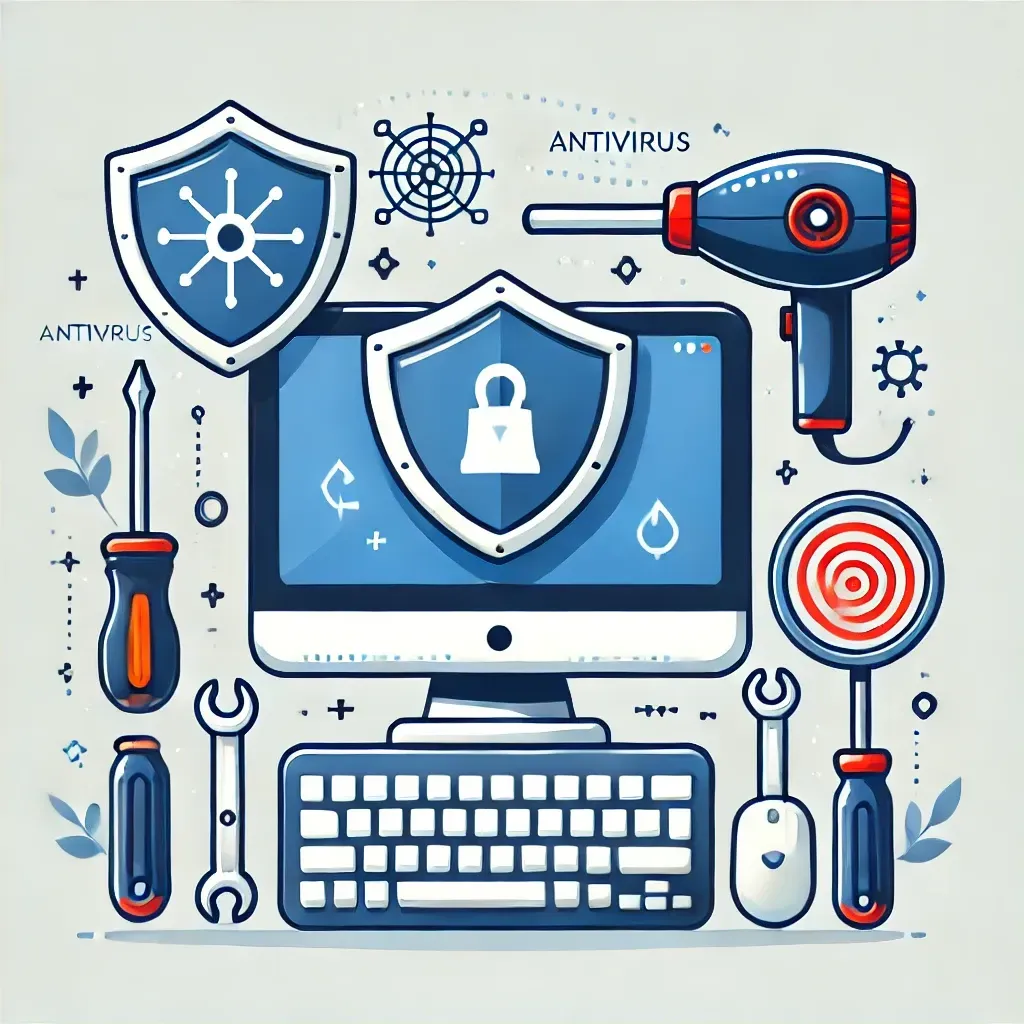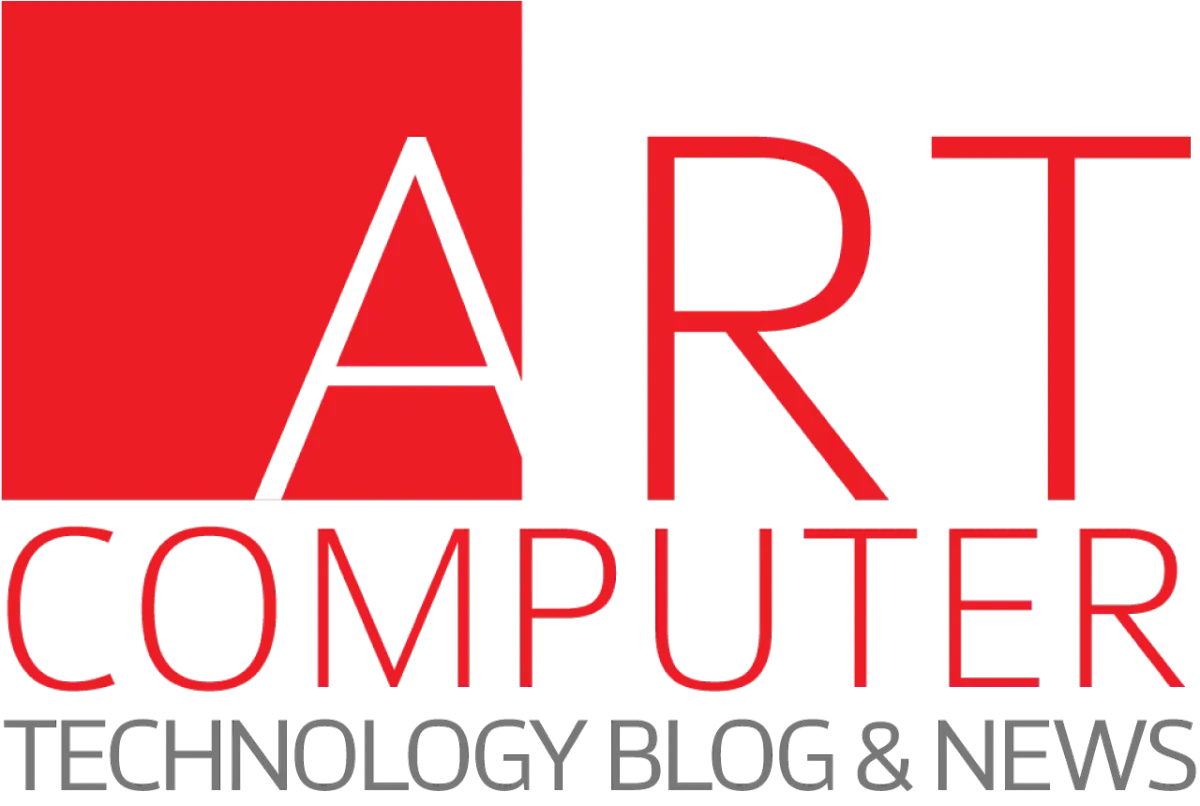
Essential Tips for Maintaining Your Computer
Maintaining your computer is crucial for ensuring its longevity and optimal performance. Neglecting regular upkeep can lead to slower performance, security vulnerabilities, and even hardware failure. Here are some essential tips to keep your computer running smoothly and securely.
Regular Updates
Keeping your operating system and software up to date is one of the simplest yet most effective ways to protect your computer. Updates often include security patches that protect against vulnerabilities and bugs that could be exploited by malware. Ensure that automatic updates are enabled, or regularly check for updates manually.
Antivirus Software
A reliable antivirus program is a must-have for any computer. Antivirus software protects against malware, viruses, and other malicious threats. Regularly update your antivirus software to ensure it can detect and deal with the latest threats. Conduct periodic full-system scans to catch any malicious software that may have slipped through.
Disk Cleanup
Over time, computers accumulate a lot of unnecessary files, such as temporary files, system cache, and duplicates. These files can take up significant disk space and slow down your system. Regularly performing disk cleanups can help remove these files and free up space, ensuring your computer runs efficiently.
Backup Data
Data loss can occur due to hardware failure, malware attacks, or accidental deletion. Regularly back up your important files to an external hard drive or a cloud storage service. This ensures that you can recover your data in case of any mishaps. Automate your backups to make the process hassle-free.
Physical Cleaning
Dust and dirt can accumulate inside your computer, leading to overheating and hardware damage. Regularly clean your computer’s exterior, and if you’re comfortable doing so, open up the case to clean the interior components. Use compressed air to blow out dust from the fans, vents, and other components. Keeping your computer physically clean helps maintain proper airflow and cooling.
Check for Malware
Besides using antivirus software, regularly scan your computer for malware using specialized anti-malware programs. These programs can detect and remove spyware, adware, and other types of malware that might not be caught by standard antivirus software. Keeping your system free from malware is essential for security and performance.
Manage Startup Programs
Too many programs launching at startup can significantly slow down your computer’s boot time. Review the programs that start automatically when your computer boots up and disable any that are not necessary. This can be managed through the Task Manager on Windows or the System Preferences on macOS. Reducing startup programs can speed up your computer’s startup process and improve overall performance.
Defragment Hard Drive
If you’re using a traditional hard disk drive (HDD), regular defragmentation can help improve performance. Defragmentation reorganizes the data on your hard drive so that related pieces are closer together, reducing the time it takes to access files. Note that this is not necessary for solid-state drives (SSDs), which operate differently and do not require defragmentation.
Uninstall Unused Programs
Unused programs take up valuable disk space and can slow down your system. Regularly review the programs installed on your computer and uninstall any that you no longer use. This can free up space and resources, leading to better performance.
Manage Storage
Organize and manage your files to prevent clutter and ensure efficient storage use. Regularly move files that you don’t need immediate access to an external drive or cloud storage. Keeping your main drive organized and free from clutter can help your system run more smoothly.
Use Surge Protectors
Power surges can cause significant damage to your computer. Use surge protectors to safeguard your system against electrical spikes. This simple measure can prevent potential hardware damage and data loss caused by unexpected power surges.
Password Management
Using strong, unique passwords for your accounts is crucial for security. Regularly update your passwords and avoid using the same password across multiple sites. Consider using a password manager to generate and store complex passwords securely.
Internet Security
Use a secure and reliable internet connection. Avoid accessing sensitive information over public Wi-Fi networks, as they can be easily compromised. Additionally, be cautious of phishing emails and suspicious websites to protect your computer from online threats.
User Education
Stay informed about the latest security threats and best practices for computer maintenance. Regularly educate yourself on how to identify potential threats and take proactive measures to protect your system.
By following these tips, you can keep your computer in good working condition and secure against various threats. Regular maintenance not only enhances performance but also extends the lifespan of your device, saving you time and money in the long run.

